Baby steps, in fact. Marvel has rediscovered the lighthearted dimension of superheroism, the buoyant fun and the primary color comedy — as opposed to the wiseacre supercool of, say, Guardians of the Galaxy. Here it has amusingly brought back the Fantastic Four in their early years (but not to the very beginning) in a retro-futurist version of early 1960s New York where no one smokes. Hilariously, the Four are of course living together as a family in a bizarre hi-tech apartment, like something in TV’s Bewitched or I Dream of Jeannie, often wearing their comfy blue pajama-style outfits.
Scientist Dr Reed “Mr Fantastic” Richards, whose nickname rather oversells his peculiar superpower of stretchiness, is played by Pedro Pascal in a lighter vocal register than usual; he’s married to Sue “Invisible Woman” Storm — played by Vanessa Kirby. They are basically mom and dad to a couple of guys who are to all intents and purposes teen boys: Sue’s brother Johnny “Human Torch” Storm (played by Joseph Quinn) and superstrong Ben Grimm played by Ebon Moss-Bachrach. They are essentially two grown men who live with Reed and Sue in a cheerfully infantilized state, and what complicates things is that Sue is now suddenly pregnant long after the couple had given up hoping. (There is apparently no IVF in this alt-reality universe.)
So the question arises: will the baby have superpowers doubled, superpowers squared? Is that how it works? Or will it be a kind of bittersweet affliction like that stoically accepted by Ben Grimm? And talking of the consequences of love, Ben Grimm is poignantly in love with a local schoolteacher (Natasha Lyonne) who is maybe unwilling to overlook his granite appearance, and it looks very much as if Johnny is having some amorous chemistry with the Silver Surfer (Julia Garner) who arrives on Earth as the emissary of the colossally destructive Galactus (Ralph Ineson) — who says he might spare Planet Earth for a terrible price.
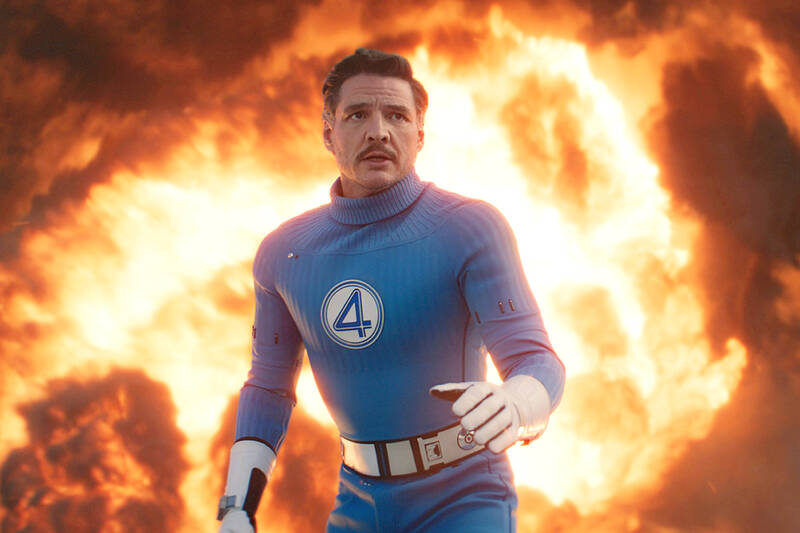
Photo: Marvel/Disney via AP
The result hangs together as an entertaining spectacle in its own innocent self-enclosed universe of fantasy wackiness, where real people actually read the comic books that have made mythic legends of the real Four. I have expressed my dissatisfaction recently with superhero films which have to finish with AI cities collapsing — and, yes, this is what happens here, but at least this finale emerges from the established story premise, and works well with the tone of uncomplicated fun. (I was once in a minority for liking the now all-but-forgotten Ioan Gruffudd iteration of Fantastic Four for very similar reasons.)
There is much incidental fun to be had in luxuriating in the film’s hallucinatory 60s production design, down to the imaginary movies being shown in cinemas in Times Square: The Emperor’s Twin from Disney and an Alistair MacLean-type adventure called Subzero Intel. Then when the baby is born, Ben Grimm earnestly brandishes his copy of Dr Benjamin Spock’s Baby and Child Care, a permissive book which conservatives were later to blame for raising a generation of undisciplined slackers. Certainly, Kirby’s Sue Storm looks very good for a sleep-deprived new mother with no childcare staff other than one small goggle-eyed robot. As for paterfamilias Reed, he always wears his tie, though sometimes tucks it into his shirt. Overall a very silly movie — though it’s keeping the superhero genre aloft.
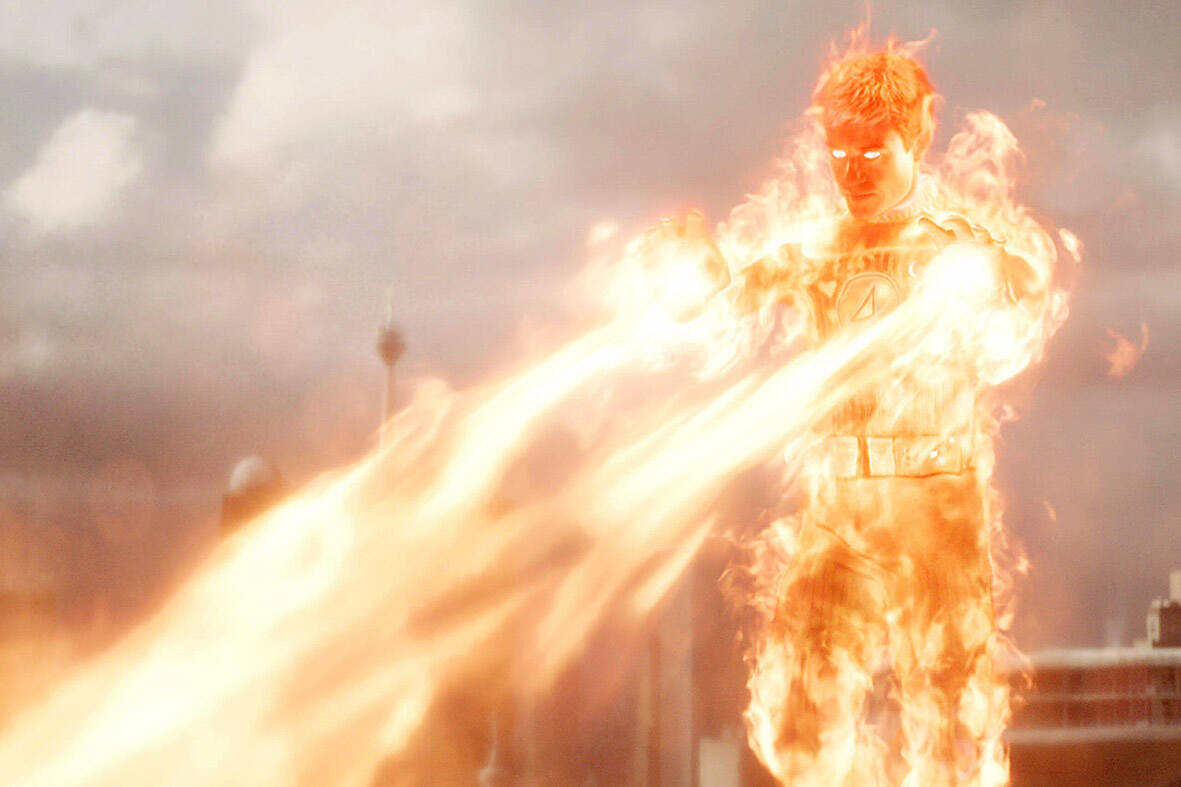
Photo: Marvel/Disney via AP
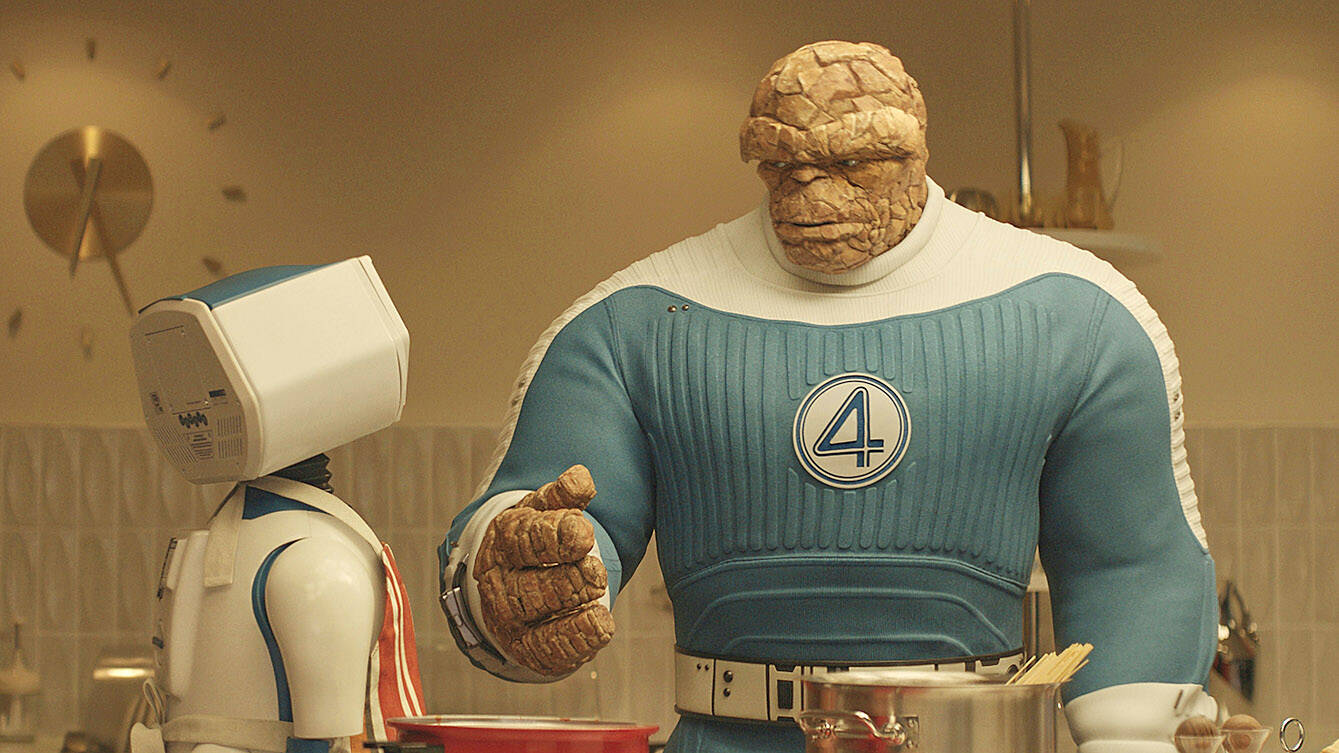
Photo: Marvel/Disney via AP
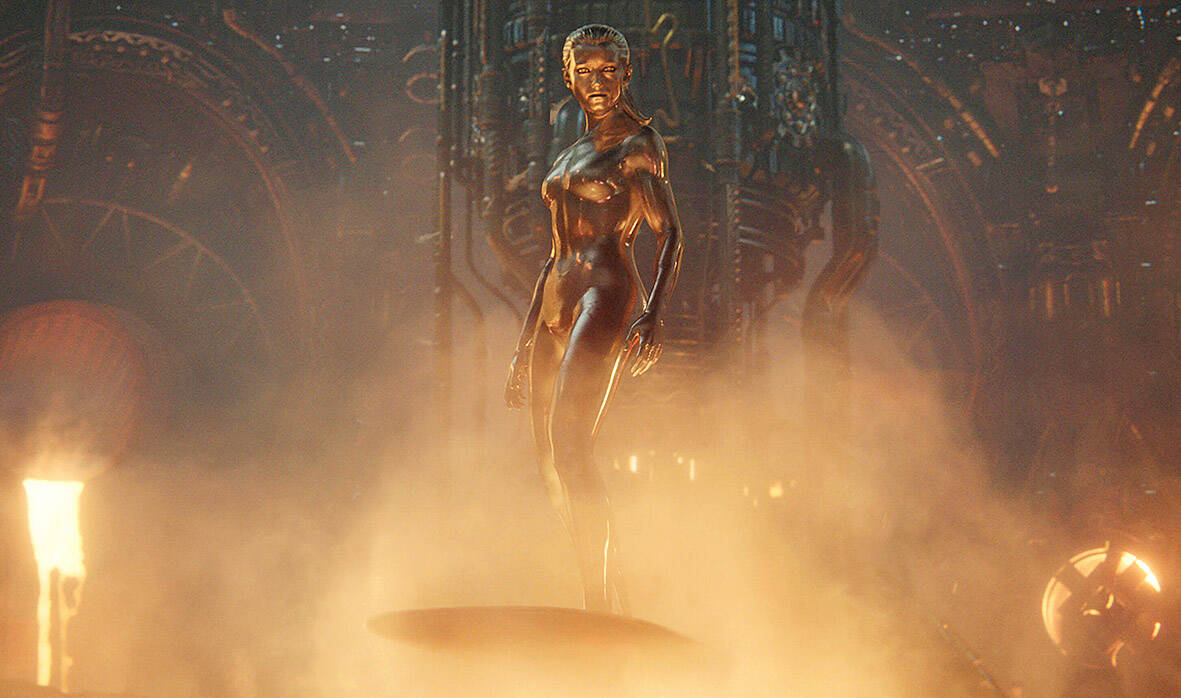
Photo: Marvel/Disney via AP
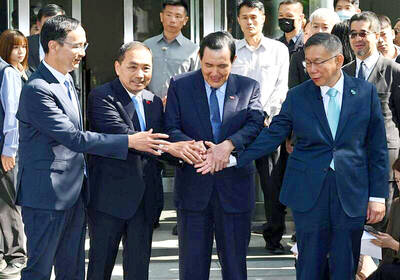
Has the Taiwan People’s Party (TPP) changed under the leadership of Huang Kuo-chang (黃國昌)? In tone and messaging, it obviously has, but this is largely driven by events over the past year. How much is surface noise, and how much is substance? How differently party founder Ko Wen-je (柯文哲) would have handled these events is impossible to determine because the biggest event was Ko’s own arrest on multiple corruption charges and being jailed incommunicado. To understand the similarities and differences that may be evolving in the Huang era, we must first understand Ko’s TPP. ELECTORAL STRATEGY The party’s strategy under Ko was
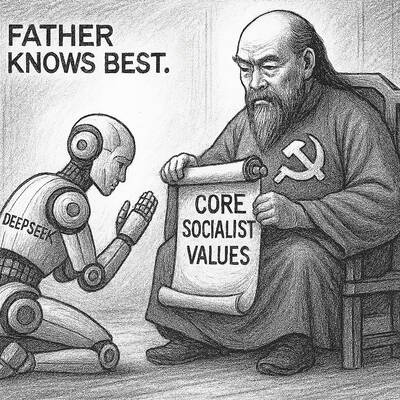
It’s Aug. 8, Father’s Day in Taiwan. I asked a Chinese chatbot a simple question: “How is Father’s Day celebrated in Taiwan and China?” The answer was as ideological as it was unexpected. The AI said Taiwan is “a region” (地區) and “a province of China” (中國的省份). It then adopted the collective pronoun “we” to praise the holiday in the voice of the “Chinese government,” saying Father’s Day aligns with “core socialist values” of the “Chinese nation.” The chatbot was DeepSeek, the fastest growing app ever to reach 100 million users (in seven days!) and one of the world’s most advanced and
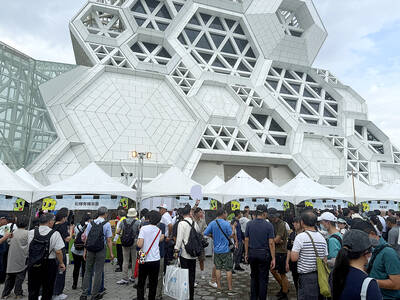
The latest edition of the Japan-Taiwan Fruit Festival took place in Kaohsiung on July 26 and 27. During the weekend, the dockside in front of the iconic Music Center was full of food stalls, and a stage welcomed performers. After the French-themed festival earlier in the summer, this is another example of Kaohsiung’s efforts to make the city more international. The event was originally initiated by the Japan-Taiwan Exchange Association in 2022. The goal was “to commemorate [the association’s] 50th anniversary and further strengthen the longstanding friendship between Japan and Taiwan,” says Kaohsiung Director-General of International Affairs Chang Yen-ching (張硯卿). “The first two editions

It was Christmas Eve 2024 and 19-year-old Chloe Cheung was lying in bed at home in Leeds when she found out the Chinese authorities had put a bounty on her head. As she scrolled through Instagram looking at festive songs, a stream of messages from old school friends started coming into her phone. Look at the news, they told her. Media outlets across east Asia were reporting that Cheung, who had just finished her A-levels, had been declared a threat to national security by officials in Hong Kong. There was an offer of HK$1m (NT$3.81 million) to anyone who could assist